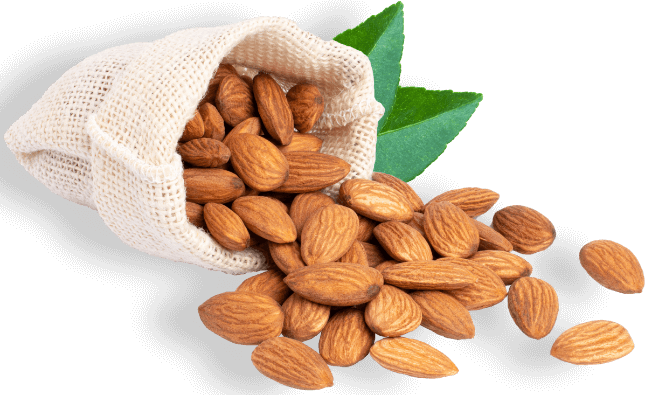This article has been republished from National Library of Medicine. Read the original article.
Goji Berries have long been used for their nutritional value and medicinal purposes in Asia countries. In the last two decades, goji berries have become popular around the world and are consumed as a functional food due to wide-range bioactive compounds with health-promoting properties.
Among exotic berry fruits, goji berries are gaining more importance in different countries, both from medical and pharmaceutical standpoints, as well as their further application in the food industry.
The original area is not definitively established, but it could be between Southeast Europe and Southwest Asia. The plant is widely distributed in warm regions, particularly in the Mediterranean, Southwest, and Central Asia. Lycium chinense is native to China, Taiwan, and Japan, and is widely cultivated in Asia, but is also naturalized in Europe and the United States. The black goji fruits with a specific composition and taste are obtained from Chinese native species L. ruthenicum Murr.
Goji berries are associated with their use in traditional Chinese medicine in the form of mild Yin tonics, tinctures, and powders. In addition, since ancient times, these berries have been highly valued and used in raw, dried or processed dorms, such as tea, juice, wine, or liqueur.
It has been shown that goji berries are a good source of nutrients such as lipids, proteins, fibres, vitamin C, and minerals, and non-nutritive bioactive compounds such as phenolic compounds, polysaccharides, and carotenoids.
Specific colours, from yellow and red (L.barbarum) to black (L. ruthenicum), as well as a combined sweet, tangy and pungent taste, make goji berries very attractive to consumers.
In the nutritional term, goji berries present a source of dietary fibres, vitamin C, and some minerals, including potassium, copper, manganese, iron, and zinc. In addition, microelements from L barbarum fruits have high bioaccessibility.
Goji berries exert various biological activities and health benefits, such as antioxidant, anti-inflammatory, antimicrobial, immuno-stimulating, anti-diabetic, neuroprotective, anti-cancer, prebiotic, and anti-obesogenic effects, which have been review by several authors. These beneficial properties are attributed to the individual or combined effects of the constituents of goji berries.
Goji berries are a good source of phenolic compounds, including phenolic acids, flavonoids, phenylpropanoids, coumarins, lignans, and theirs derivatives, which selectively contribute to their bioactivities. Several studies have shown that the phenolic extracts of goji berries exert good in vitro antioxidant activities and antimicrobial effects against some Gram-negative and Gram-positive bacteria.
References
- Bojana B. Vidovic, Daniel D. Milincic, Mirjana D. Marcetic, Jelena D. Djuris, Tijana D. llic, Aleksandar Z. Kostic and Mirjana B. Pesic. Health Benefits and Applications of Goji Berries in Functional Food Products. 2022. National Library of Medicine.





